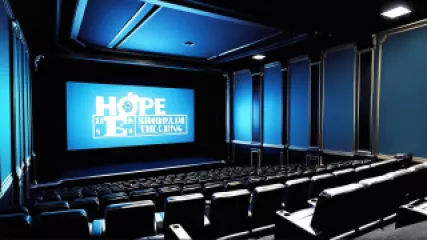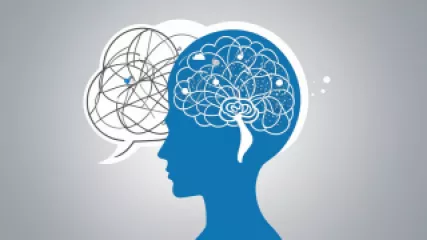Why Online Grief Therapy is the Future of Healing
1 year ago
Grief
10 Expert Tips to Improve Your Sleep Quality
1 year ago
Sleep Importance
Embracing Your Evolving Self-Identity: A Personal Reflection
1 year ago
Discovering Self Identity
What Are the Best Ways to Cope with Trauma?
1 year ago
Trauma
7 Movie Lessons to Spark a Powerful Mindset Shift
1 year ago
Mindset Change
Understanding the Impact of Emotional Neglect
1 year ago
Understanding Emotional Neglect
Mastering Cognitive Biases in Decision-Making
1 year ago
Psychology of Decision Making
How to Manage Anxiety with Virtual Counseling
1 year ago
Anxiety
Lessons from 'The Truman Show' for Supporting Mental Health in Rural Areas
1 year ago
Mental Health in Rural Areas
Embracing the Spectrum: An LGBTQ+ Perspective on Sexual Orientation
1 year ago
Sexual Orientation
How to Establish a Daily Mindfulness Practice
1 year ago
Mindfulness in Daily Routines
10 Lessons from Bridget Jones' Diary for Managing a Breakup
1 year ago
Managing a Breakup
A Step-by-Step Guide to Managing Somatic Symptoms
1 year ago
Managing Somatic Symptoms
Dismantling Bias: A Step-by-Step Guide
1 year ago
Confronting Bias
The Ultimate Guide to Coping with Chronic Illness
1 year ago
Coping with Chronic Illness














